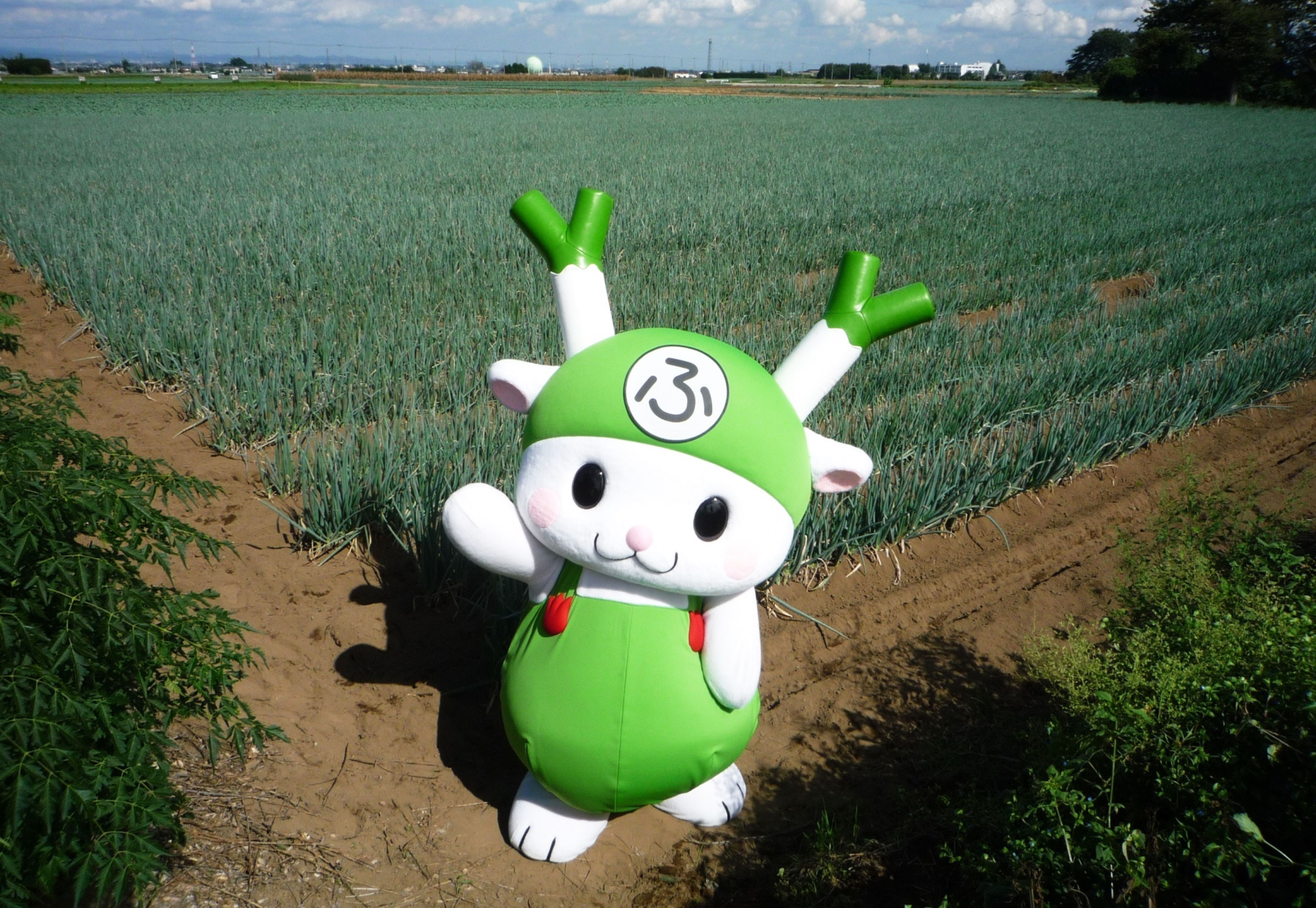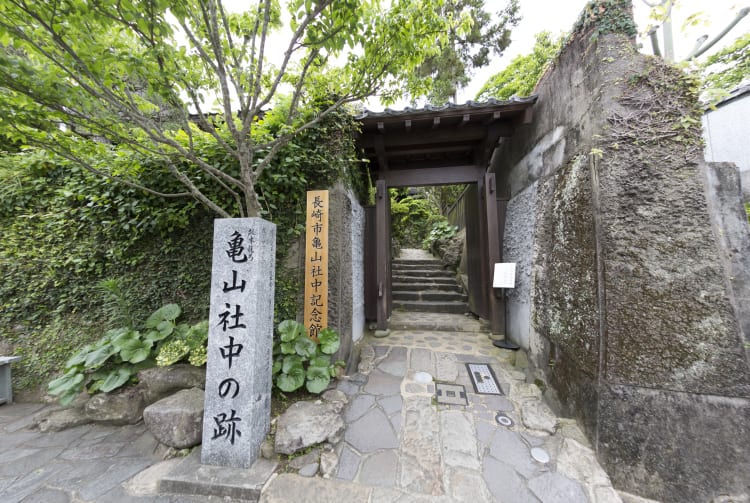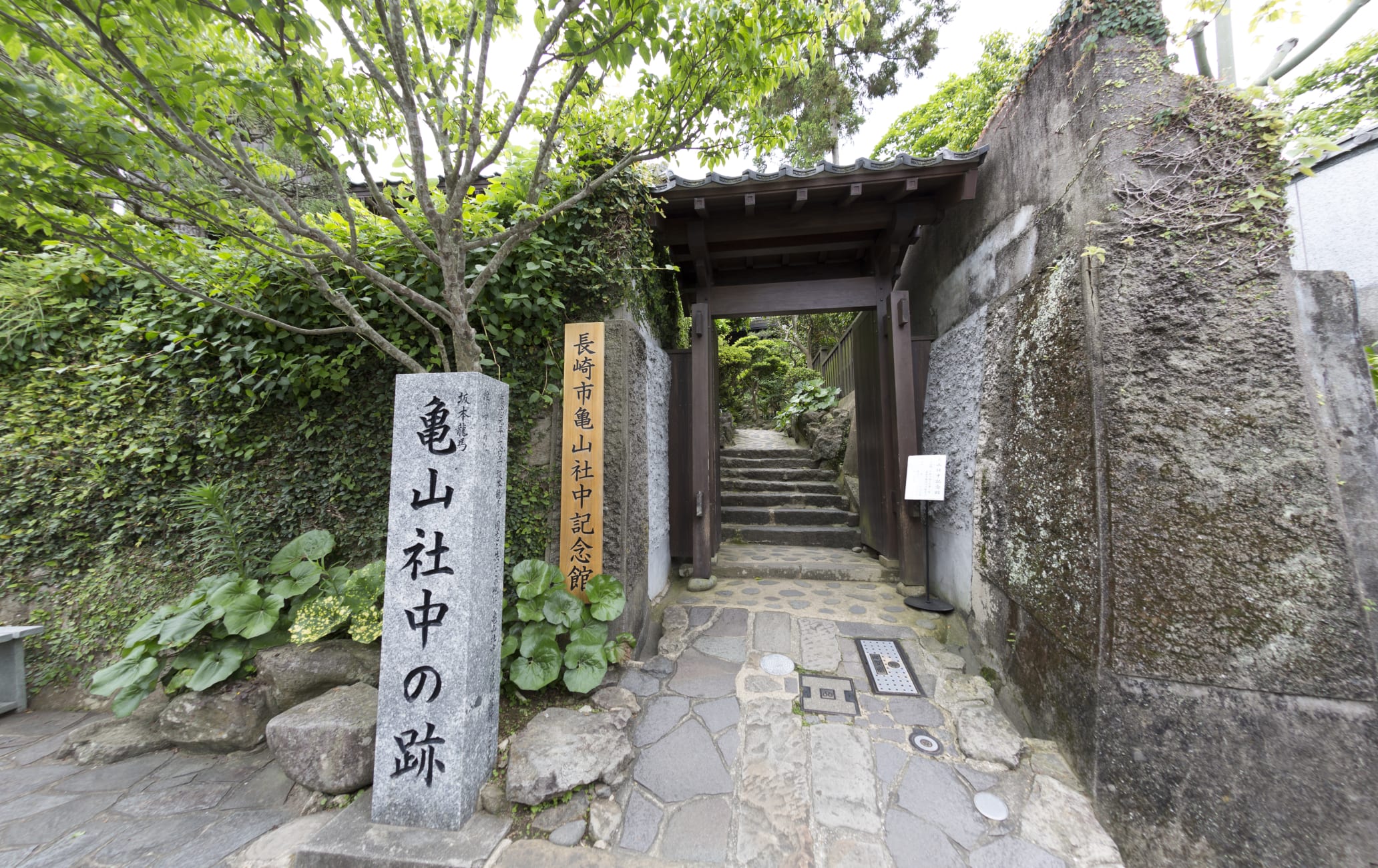A cornerstone of Japanese history
The Kameyama Shachu Memorial Museum is a reconstruction of the building that housed Sakamoto Ryoma and the many men who worked alongside him. Despite its small size, many important artifacts are housed inside, including many of Sakamoto's personal effects. The most popular of these is Sakamoto's haori jacket, which is embellished with his family's crest.
This little slice of history played a huge part in shaping Japan as we know it today.
How to Get There
The museum is easily accessible via public transportation.
The Kameyama Shachu Memorial Museum is just a 15-minute walk from the Shindaiku-Machi streetcar stop. Take the streetcar line bound for Hotarujaya from Nagasaki Eki-mae and ride for 12 minutes.
Quick Facts
Sakamoto was married to Narasaki Ryo
Sakamoto, who was bullied in school, was enrolled by his sister in fencing classes when he was a teen
Sakamoto was assassinated at the age of 31 in an inn in Kyoto
The man behind the history
If there is one person Nagasaki is proud to call their own, it is Sakamoto Ryoma. Sakamoto Ryoma was one of the most important samurai of the mid-19th-century revolution.
An activist in the struggles to overthrow the Tokugawa regime, Sakamoto played a massive role in the resignation of Tokugawa Yoshinobu in 1867, thus bringing about the Meiji Restoration.
The beginnings of a revolution
During his time in Nagasaki , Sakamoto set up a shipping company known as Kameyama Shachu, which became known as Kaientai. The company was responsible for circumventing the shogunate's trade blockade against Choshu, or present-day Yamaguchi .
They were also responsible for running guns and ammunition into Japan. Because of this, Kaientai is seen as a forerunner of the Japanese navy, and Sakamoto has been given the title Father of the Imperial Japanese Navy.

Kazegashira Park
If you are on a Sakamoto Ryoma pilgrimage and you want to enjoy beautiful walks and sweeping views, head up to Kazegashira Park. Here, overlooking the horizon and Nagasaki's harbor sits a statue of the famous samurai himself. Built in the first year of the Heisei period, 1989, funds were collected by volunteers from all over Japan to create this wonderful testament to a great man.




























































